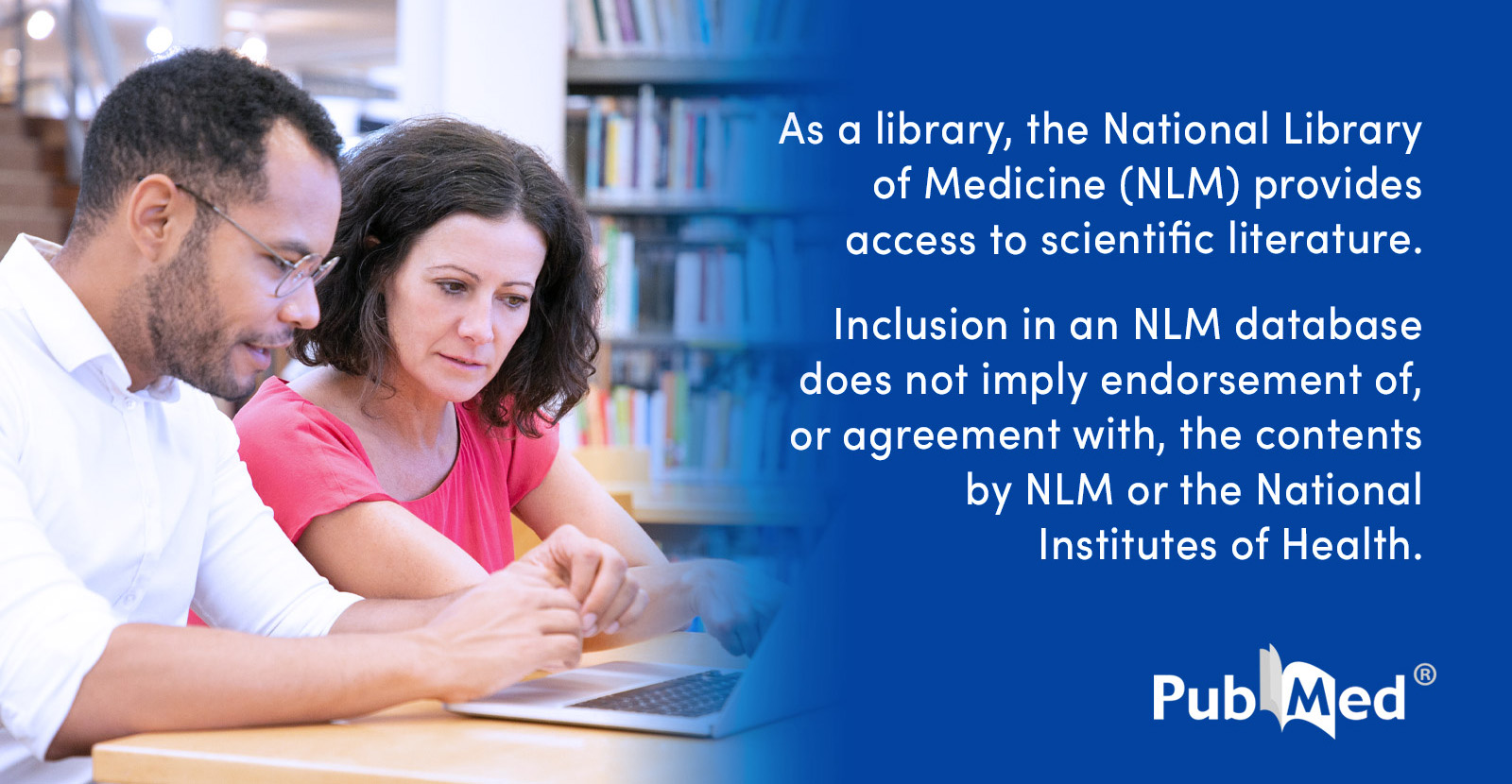Piggybacking on
@Snafu in the Void who explained it well:
Not all drugs are the same in that they can be "potentiated" through the means I believe that you're implying.
First, to define "potentiation" as we will use it here. This word "potentiation" is going to refer solely to the process of effecting a higher bioavailability of a certain drug or otherwise increase that drug's innate potency. In most cases discussed through our service, this implies playing with enzymes. In simple terms, enzymes have a large role in mediating the end-potency of a drug. We have relatively simple means of changing the efficiency of different enzymes.
There are innumerable means of changing the efficiency of these enzymes. Different medications, for instance, SSRI antidepressants are widely prescribed and are well-known for their propensity for effecting the action of these enzymes. It doesn't stop there. Grapefruit and related fruits like Bergamot for instance are known to reduce the efficacy of enzymes of the P450 family (responsible for a SIGNIFICANT proportion of all metabolism of commonly used drugs). The ingredients that lead to this change are flavonoids found within the fruit, but I'm digressing. The point here is that these enzymes are indeed influenceable.
I encourage you to check out google for future sources of this enzymatic change, as they are too numerous to list here. For a more extreme case to help you understand how broad this change can be, check out this reading regarding Methadone patients being treated with the first-generation SSRI Fluvoxamine (Luvox). There are multiple cases of Methadone-maintained patients initiation treatment with Fluvoxamine, only to present at the ED a week or two later one blood levels of the Fluvoxamine reach steady state with symptoms of full-blown Opioid overdose, some requiring ventilation for survival. Here is the link:
Clinicians should be aware of the potential for a significant drug interaction between fluvoxamine and methadone.

pubmed.ncbi.nlm.nih.gov
Note specifically that they refer to
increased serum levels of Methadone. That is true potentiation as we've defined it here. The use of adjunct substances like antihistamines (common), Benzodiazepines, Alcohol or whatever are not the same kind of potentiation. You are just getting more fucked up, which is a different thing entirely. If you enjoy it and you're being safe, great, but you're not truly changing the ultimate potency of the drug in your body. As we all know, the more substances at play, the harder it is for the body and mind to adjust and synergy comes into play, yes, but this is still not potentiation as defined here. It's a completely different thing.
In addition to enzymatic influences, there are drugs like, for simplicity we will again use Methadone are impacted by the alkalinity of the digestive system and urine. Thus, taking antacids can increase the bioavailability of a substance, but this will pale in comparison to what a true modulator like Fluvoxamine can do. For reference, there are reports of Methadone levels increasing by a full 50% with Fluvoxamine. With antacids, you will be unlikely to break 15% on your best days. Furthermore, proton pump inhibitors like Cimetidine both impact enzymes while also decreasing the acidity of the stomach. I am not educated enough to tell you if the two are directly related or not and I've been unable to find that answer myself.
Morphine
To take advantage of the enzymatic processes, enzymes must have a prime role in the metabolism of that drug. Methadone is used as an example, as it is a drug widely known for variances due to genetic/artificial enzyme activity. Morphine is not in this same group. Morphine is a drug that is valued for this lack of complication and a general expectation of similar effects upon most humans.
I've read conflicting information regarding Morphine and antacids, but from what I've read, the only answer I can give is "possibly", but it's not going to be the game-changer that you're looking for, even if you do get that extra 15% we discussed.
The best and most effective way of potentiating Morphine, so to speak, is to change the route of administration to one with a more favorable bioavailability. For this purpose, the rectal route of administration has shown to be twice as potent as oral usage in some literature. My personal experience confirms this fact, at least to myself.
Normally, people go to the needle or vaporization for a quick powerful 100% bioavailability from the drug, but vaporization is not practical with the Morphine medium (or most others available) you're using and injecton carries with it a host of problems that greatly outweigh any benefit one might get from that ROA.
The rectal route is a good way of taking advantage of these differences, with essentially no more danger to your health whatsoever over taking the drug orally. If you're taking Oral Solution, all you need to do is draw up your dosage with a rectal syringe and inject into the rectum. It's a simple process, but if you have questions, I'm here for ya.
Doubling potency is not a solution though. Opioid tolerance builds quickly. You will likely find yourself at this same impasse 1-2 weeks after the change, with a greater dependence and really nothing good or lasting to show for it.

